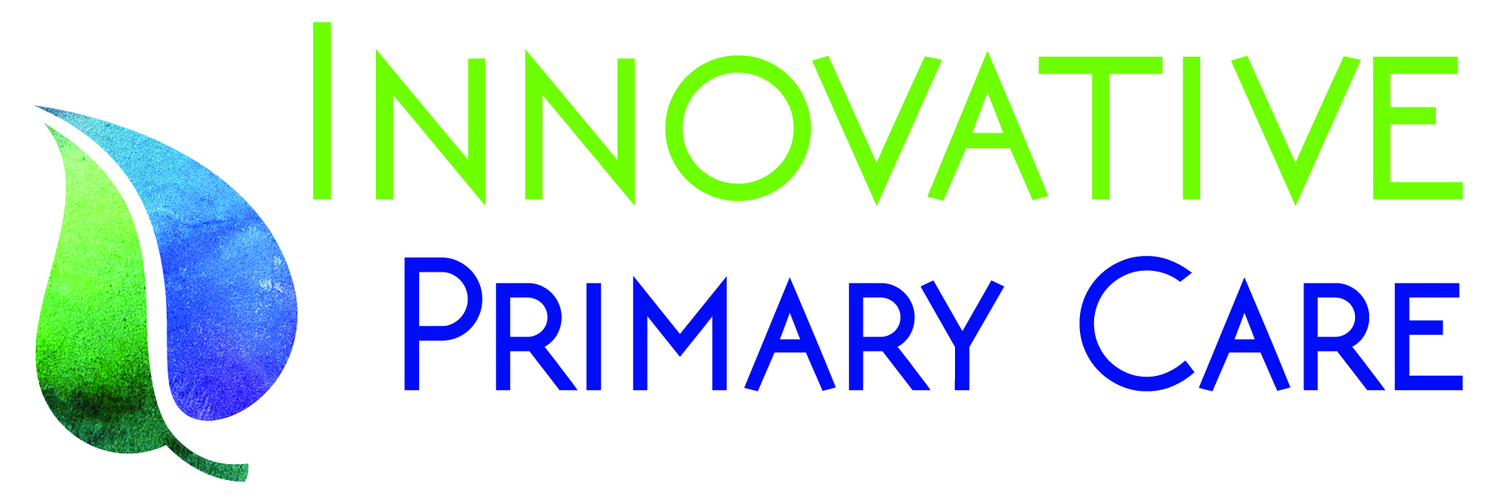Happy 2016. The New Year is here. Gyms are bustling with new members. Exercise and yoga classes are filled up. More people are sporting a Fitbit to count their steps. These are just some of the ways we kick off a new calendar year.
On the outside chance that you are still considering what to add, or subtract, from your daily routines, we thought we’d offer a few ideas cultivated from experts in their fields. Pick one or more and jump into the year with the gift of health and wellness.
Set intentions for the new year.
Don’t get trapped in the typical “I want to lose weight” resolution. Instead, think about what you want to add in. Adding things like more fruits, vegetables and healthy oils to your plate and meal plans are a more positive way to shift your eating habits. Think about your meals as fuel to allow you to go about your day and pursue your interests. Cleanse your kitchen for a clean start. Get rid of the sugars, bad carbs and the processed items. But don’t “pitch” the food - donate to the local food bank.
Start your day – each day - with a few minutes of meditation and a few quality yoga poses. It can help you reinforce those intentions you’ve set for the new year ahead.
Add 30 minutes to an hour more of sleep to your routine, especially if you’re one of the millions who don’t get enough sleep each night. In fact, schedule your bedtime and the time to wind down leading up to it. Not only does this help support quality sleep, but it impacts your stress and weight loss.
Just like you plan for your day, include exercise in your schedule. Not because it’s about your weight – it’s about your overall health. The impact is great: reduce your risk of various inflammatory and degenerative conditions, including type 2 diabetes, depression, high blood pressure, coronary heart disease, arthritis, osteoporosis, fibromyalgia, chronic back pain and even low libido. New research is showing that aerobic exercise actually changes the expression of our DNA! And it helps our body’s production of antioxidants while reducing inflammatory mediators and amping up detoxification pathways. The solution is not just a supplement – it’s about getting your body moving and all the various health impacts of that. For women, you need exercise with some impact to build your bones. And we could go on. Instead, get up and get outside while it’s enjoyable.
Get your good oils. Start with more Olive Oil. The impacts are great on dementia, breast cancer, colon cancer, and type 2 diabetes. Add it into your smoothies, in your cooking, on your salads. Dr. Perlmutter agrees.
Watch where you shop and choose Organic Foods when you can. When you choose organic, you’re avoiding GMOs and avoiding glyphosate (the active ingredient in the weedkiller Round Up). The World Health Organization tells us that glyphosate is likely a human carcinogen, we have to take notice. Even more worrisome are newer studies showing that when glyphosate is combined with other ingredients to make commercial products, the toxicity may be increased as much as 1000 fold!
Hormone check: Get to the bottom of “feeling off” or not as energetic. A simple blood test can determine if your hormone levels are off and contributing to your feelings of lethargy, lack of sex drive, fatigue, depression and even weight gain. Then you can talk with your provider and determine if bio-identical hormone replacement therapy is the next best step. Patients report great success. Why not get your energy back for 2016? Read more about it here.
Stressssss – it’s an issue even after the holiday rush is over. Plan for a few “fixes” to tap into when your daily stress levels rise. Ideas in your “grab bag” of tricks could include: exercise – taking a walk to breath and clear your head whenever you get worked up. Get up and grab a piece of fruit or a few almonds to munch on. Maybe “take 10” and call a friend to lend your support to someone else in need. Helping others often lessens our own stress. Meditate. Focused breathing, clearing one’s head and giving yourself some love can do the trick. Other ideas might include keeping a bag of simple items in your car that – when offered to others – turn into a random act of kindness and fill your world with purpose. In fact, brainstorm with friends ahead of time to come up with ways to deal with your stress. After all, it takes a community.
Say “no” to others to say yes to yourself. When you put yourself first, you’re taking care of the most important person that, when healthy, can take better care of others. Ever wonder why the flight attendants tell you to put your oxygen mask on first, then help others around you? So...what actions from above are ensuring that you come first?
Ready, set – Happy and healthy 2016.

